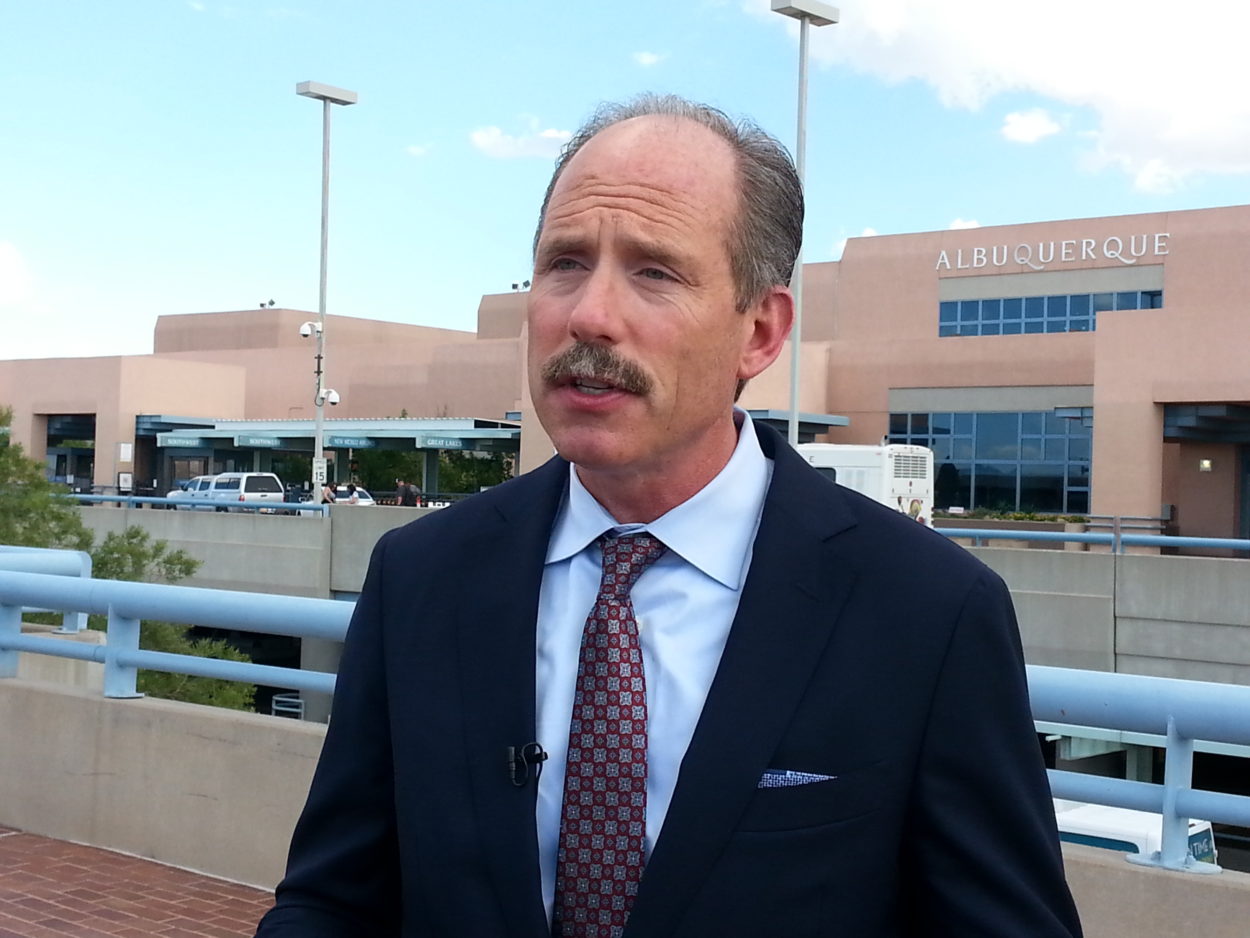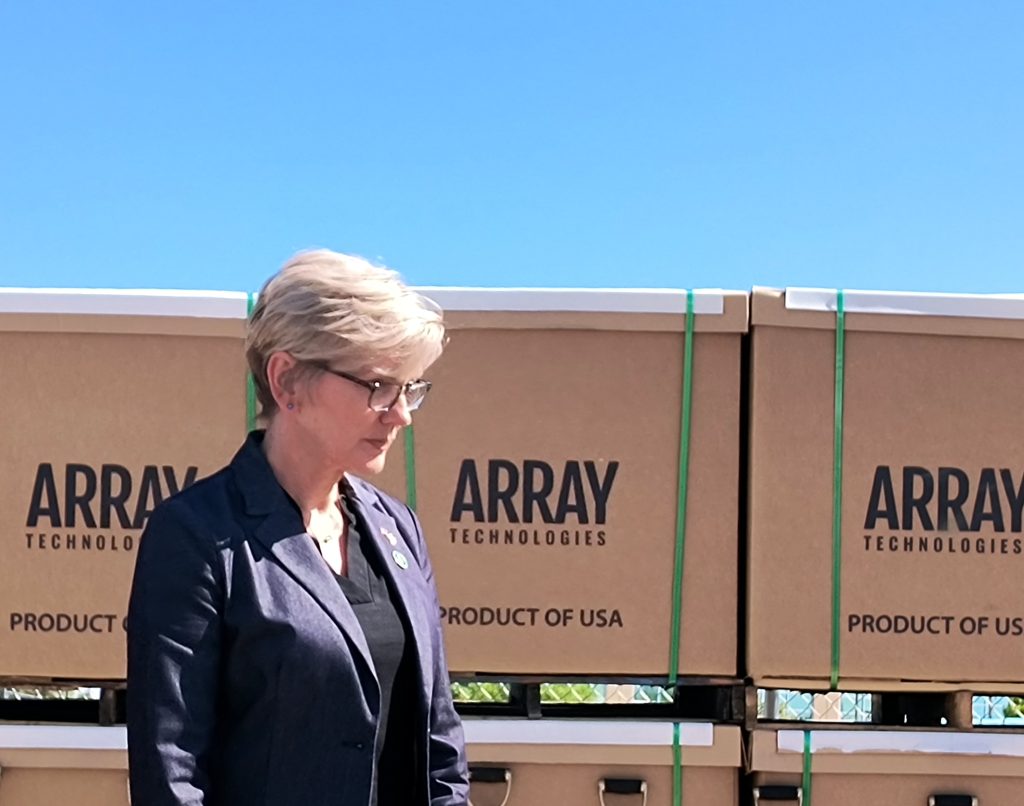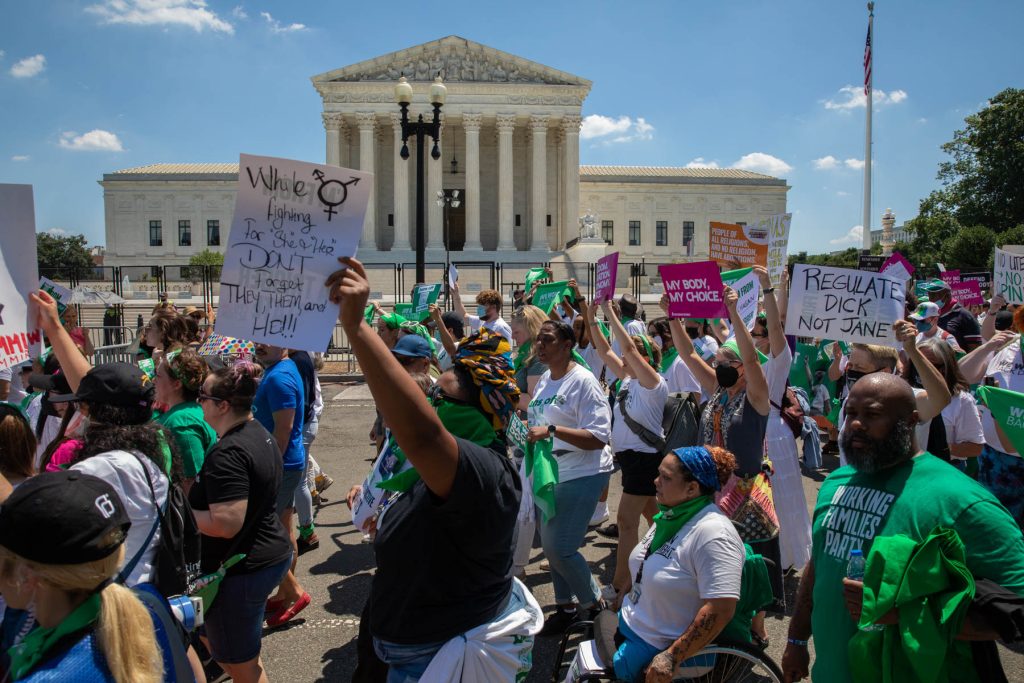After speaking with contacts at the White House and receiving a briefing on the security process, Albuquerque Mayor Richard Berry said that Albuquerque would welcome Syrian refugees if the federal government chooses to send refugees from the war-torn country to the city.

Berry made the comments while calling into the KUNM Call-In show on Thursday.
“It won’t really be up to the mayors whether they do or don’t come to your city but if Syrian refugees get here, just like Rwandan refugees, Cuban refugees, Vietnamese or whatever country comes next—unfortunately there’s always some need—we’ll do what we always do,” Berry said. “New Mexico is a big-hearted place and we’ll welcome them to our home like it’s theirs and we’ll work with them.”
Berry said that after initial comments where he said he was not confident in the security process, he reached out to contacts in the White House and received a briefing.
“I’ve gone about the business educating myself as a mayor so I can work with my community and we can all educate ourselves,” Berry told host Gwyneth Doland.
He noted that the House district he represented while a member of the Legislature was home to Rwandan refugees.
One distinction Berry made for the Syrian refugees was between those in Europe and the United States; while many Syrian refugees walk across borders to European countries (or arrive on boats across the Mediterranean Sea), it is a much longer process to enter the United States.
“In the United States, almost 99 percent of that vetting happens of refugees before they even come through the United States,” Berry said. He cited the United Nations and their vetting through the Office of the United Nations High Commissioner for Refugees, which comes before any vetting by the United States.
Reports have said that it takes 18 to 24 months to verify Syrian refugees before resettlement in the United States.
Wendy Hansen, a political science professor at the University of New Mexico, was also a guest on the program and agreed that the vetting process was “extremely rigorous.”
Berry’s welcoming of refugees may be at odds with Gov. Susana Martinez. Martinez also expressed concern over the security process and vetting of refugees. She took part in a conference call with the White House last month on the security process along with many other governors.
A spokesman for Martinez did not return an email sent Friday morning or voicemail shortly after noon on Friday. Doland said KUNM invited Martinez onto the show and asked for an update on Martinez’s thinking, but did not receive a response from the office.
Santa Fe Mayor Javier Gonzales also phoned into the show, and reiterated his support for accepting Syrian refugees.
“We are a city of immigrants, a state of immigrants and a nation of immigrants and I believe what political leaders say matters in this conversation,” Gonzales said.
The idea that words of political leaders are important was something that Gonzales returned to again in his short phone call.
“As a leader of my community and certainly an elected official, I know my words matter,” Gonzales said.
While she said that governors did not have any say in the settling of refugees, Hansen did say that they and mayors can help.
“I think what governors need to do and mayors need to do is educate people about the process and the fact that here is an extremely rigorous vetting progress that refugees go through to get to this country,” she said.
Donna McNiel, the executive director of the New Mexico Conference of Churches, said that her organization was united on the issue of Syrian refugees.
“We support refugee resettlement,” she said. “We support compassion.”
The coalition includes a number of churches around the state, including the Roman Catholic Church and Protestant churches.
Lutheran Family Services and Catholic Charities work with the Department of Health on services for resettled refugees. McNeil said the New Mexico Conference of Churches largely works on policy, though does work with the two charities “in various ways.”



















